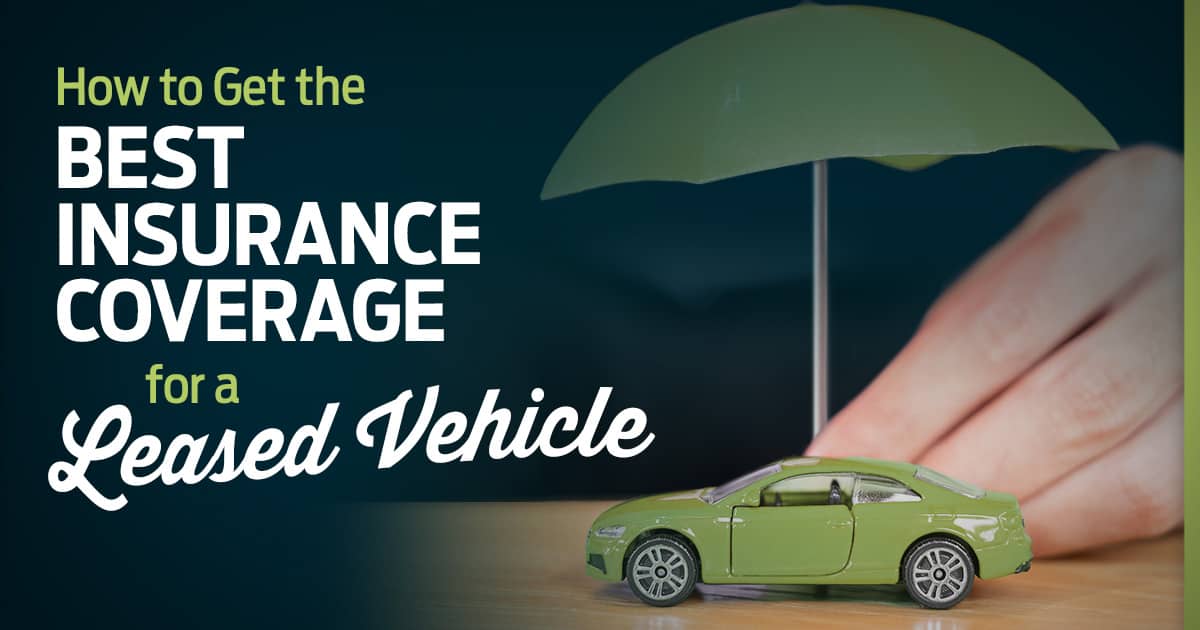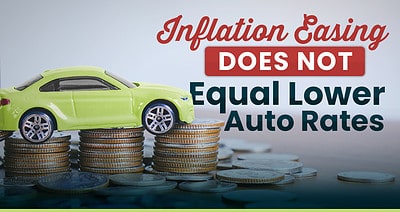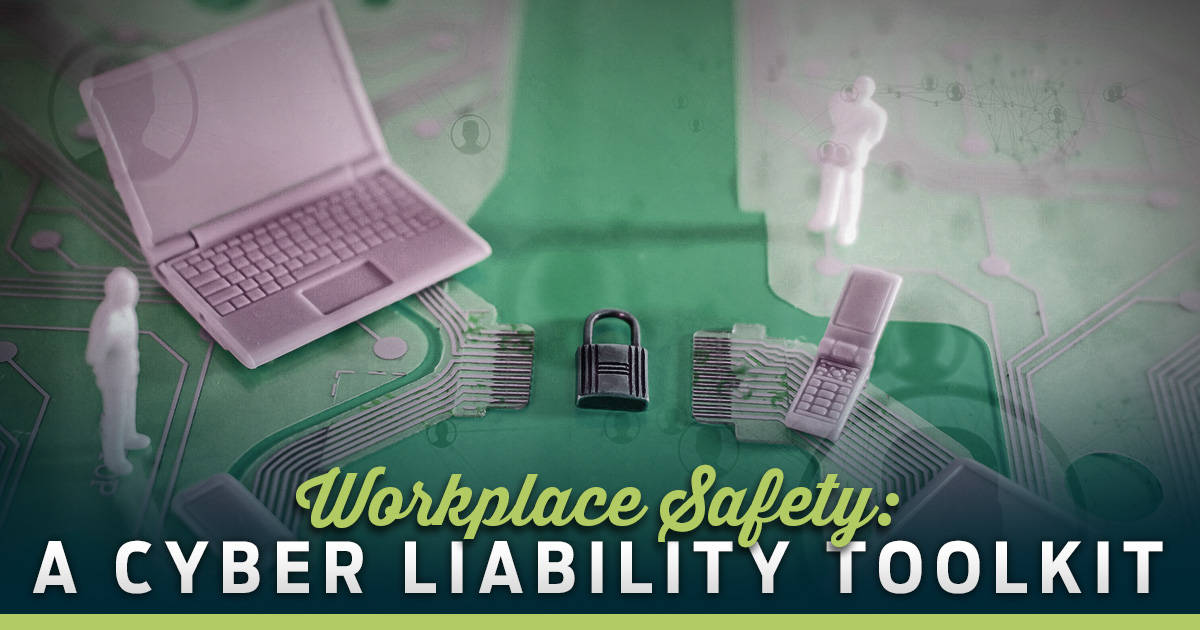
How to Get the Best Insurance Coverage for a Leased Vehicle
July 20, 2022
Share:
To lease or to buy a new car – that’s often the question a prospective car owner will have when comparing these two major financial decisions. Purchasing a car outright will involve much higher monthly costs, but it will grant you the ownership of a new asset. On the other hand, leasing is more affordable per month and may enable you the chance to drive a more luxury vehicle than you could afford to buy, but you’ll be paying off that vehicle for quite some time. Still, leasing for some Ontarians just makes more sense than buying, whether because they’re working with a limited budget or because they foresee swapping out their current vehicle for a new change of wheels in a few years. Over 70% of Canadians lease their cars instead of buying.
After you’ve made the decision to lease, now comes the question of auto insurance. It’s mandatory, so you can’t skimp out, but what’s the best way to get great insurance coverage for a leased vehicle? Here’s what you need to know about auto insurance for leased vehicles:
Whoever you’re leasing through will need a copy of your insurance documents.
Technically, leasing a vehicle means that you’re renting it for the long-term – you don’t own it. This means that your leasing company is going to want to stay up-to-date on the status of the car it’s leasing to you, so you will likely be asked for a copy of your insurance policy. Moreover, your leasing company will likely be listed on your policy, allowing your insurance provider to notify your leasing company if you alter your coverage or if your policy is altogether cancelled.
Your leasing company may require you to carry specific coverages.
Every policy has requirements for specific coverages, but your leasing company may also have options it will require you to include, such as comprehensive and collision coverage. This ensures that their owned asset is protected in the event of an auto collision or, for comprehensive coverage, a non-collision-related incident, such as vandalism or theft.
What to Consider for the Best Leased Vehicle Insurance Coverage:
Leasing a car is a great way to save money overall, or if you plan to expand your family in the next few years and want to swap out cars once it’s time to do so. Leasing gives you the chance to enjoy the freedom of a vehicle you might not be able to afford to buy outright for a specific duration of time. Leasing also saves you from the uncertainty of having to buy a used car from a private seller.
Here are a few things to consider for great leased vehicle coverage:
A “Limited Waiver of Depreciation” endorsement.
Driving a new vehicle can be great fun, but if something happens to that vehicle that’s severe enough to cause your insurance company to write it off, or if it’s stolen, what happens next? Having a Limited Waiver of Depreciation endorsement can spare you from a situation where your insurance company may only pay out for the vehicle’s value at the time of being written off, not what it was worth when you purchased it. I.e, you’ll only get back the car’s value as it was when the accident occurred, minus depreciation.
You can purchase a Limited Waiver of Depreciation in the first 24-36 months of your lease. With this endorsement, your claim payout (with your deductible subtracted) would be roughly the cost of replacing the vehicle altogether.
Gap Insurance for a leased car.
Gap Insurance is purchased in order to cover the difference between the remaining amount you owe on your lease and the actual value of the vehicle itself. Your leasing company may require it, but even if it doesn’t, it is still highly recommended. Imagine this: you purchase a brand new vehicle for $35,000, drive it around for a few weeks, and then you get into an accident where the vehicle is deemed a “total loss.” If your insurance company values that vehicle at around $33,000, then your gap insurance would cover the difference – i.e, the remaining $3,000 (between what the insurance company would pay out and what you owe on the vehicle.) Depending on your policy, Gap Insurance has a limit to the maximum amount it can pay out, which is typically between $30,000 and $125,000.
Are leased vehicles more expensive to insure?
Whether you’ve purchased your vehicle outright or leased it, there is no impact on the overall cost of insurance. Leasing companies may, however, require specific coverage options that you may not otherwise have purchased which will add to the overall cost of your policy. They may also require higher liability limits and additional comprehensive and collision coverage options, which will raise the cost of your insurance premiums.
You can mitigate this by shopping around for auto insurance (a qualified insurance broker, like the experts at Excalibur Insurance Group, can help you do this!) or by raising your deductible. Some leasing companies implement maximum deductible restrictions, which can affect your premiums as well.
If you’ve decided that leasing a car is for you, discuss with Excalibur Insurance Group today about how to get the best leased car insurance!






